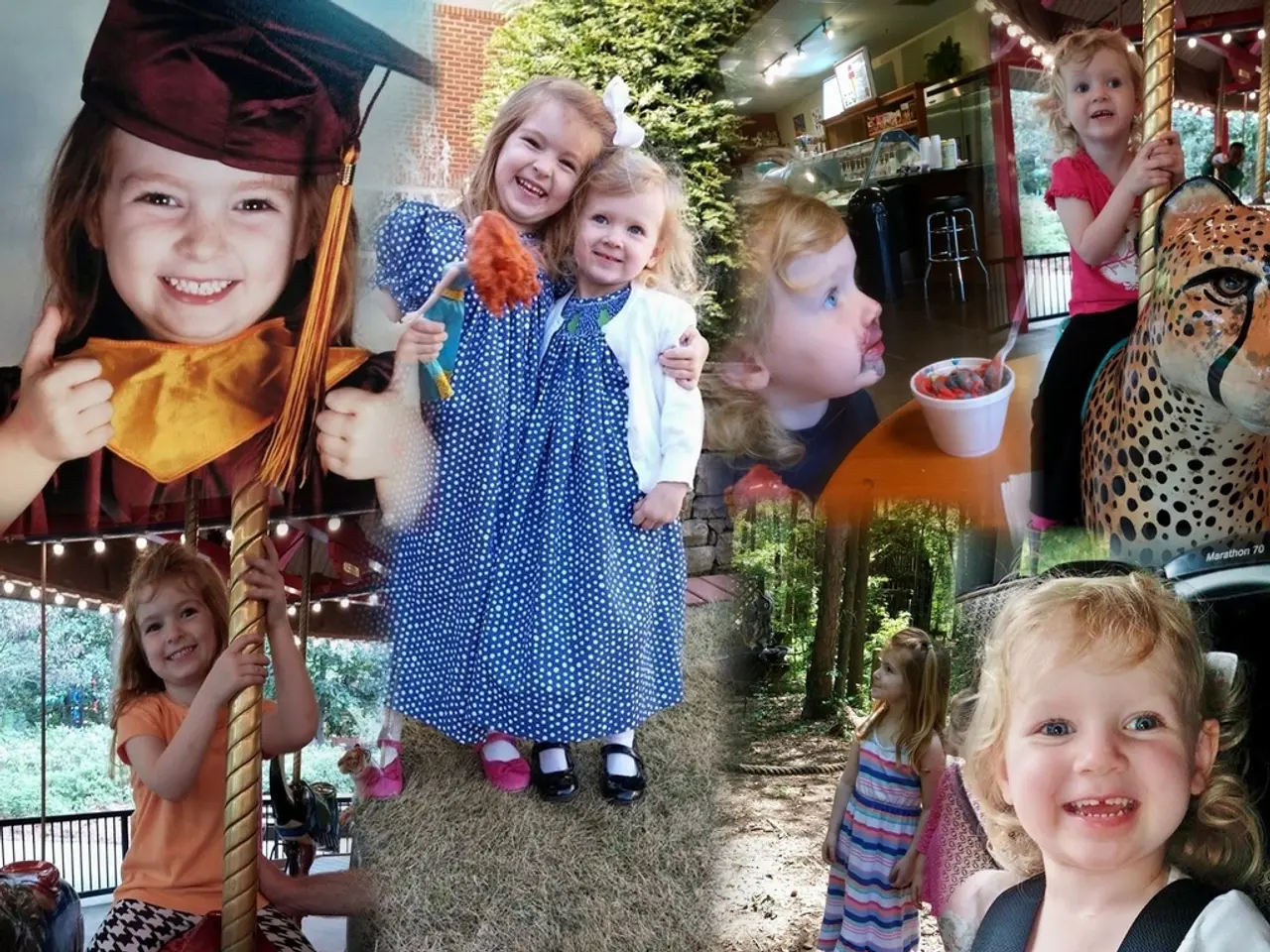Exploiting Biological Data from Children's Emotional Responses to Enhance Discussions about their Gaming Interactions
In a groundbreaking study, researchers have introduced a new methodology to evaluate children's experiences with popular computer games like Rocket League and LEGO Builder's Journey. The approach combines children's psychophysiology with reflective interviews, offering a unique insight into their emotional and cognitive states during gameplay.
The methodology, as presented in the paper, discusses the insights gained from the reflective interviews conducted as part of the process. It also emphasises the importance of understanding children's experiences and perspectives in the context of videogames. By including children's voices in research about technologies designed for their use, the methodology seeks to elicit rich, first-hand data on their experiences and opinions.
However, children articulating opinions about video games can present a challenge, considering the potential for social desirability bias. The paper discusses this challenge and the strategies employed to mitigate its impact.
The use of psychophysiological measures can provide practical benefits, offering unique insights that may not be captured through traditional methods like surveys or interviews alone. Such physiological data can offer immediate feedback on how engaging or stressful certain game elements are, potentially guiding game development to better meet children's needs.
The reproducibility of psychophysiological data might be challenging due to individual differences in physiological responses and the need for controlled environments. However, using standardized protocols can help ensure consistent results across different studies. Ensuring that the methodology is clearly documented and can be replicated under similar conditions is crucial for establishing reproducibility.
The reliability of psychophysiological measures can be high if they consistently reflect the same physiological states under similar conditions. However, factors like children's developmental stages, mood, and environmental influences can affect reliability. The use of reliable physiological measurement tools and well-defined protocols can enhance the reliability of the data collected.
Psychophysiological measures can have strong validity if they accurately predict or correlate with self-reported experiences. For instance, if physiological arousal corresponds to reported excitement or stress, the methodology is valid. Ensuring that the chosen physiological measures are relevant to the aspects of player experience being assessed (e.g., engagement, enjoyment) is crucial for content validity.
The study also discusses the utility, reproducibility, reliability, and validity of the presented methodology. By integrating these elements, researchers can develop a robust methodology that offers valuable insights into children's player experiences.
In conclusion, this innovative approach to assessing player experience can be an effective methodology, provided that considerations around utility, reproducibility, reliability, validity, and ethical standards are carefully addressed. By understanding children's experiences and perspectives, game developers can create more engaging and enjoyable experiences tailored to their needs.
- The methodology, as presented in the paper, not only discusses the utility of psychophysiological measures in assessing children's player experiences, but also highlights their potential application in the field of health-and-wellness, particularly mental health, by offering insights into the emotional and cognitive states during gameplay.
- As technology advancements continue to shape the landscape of gadgets, this groundbreaking study could pave the way for a new wave of science that focuses on understanding and improving the interaction between children and digital media, benefiting not only the gaming industry but also the broader health-and-wellness sector.




